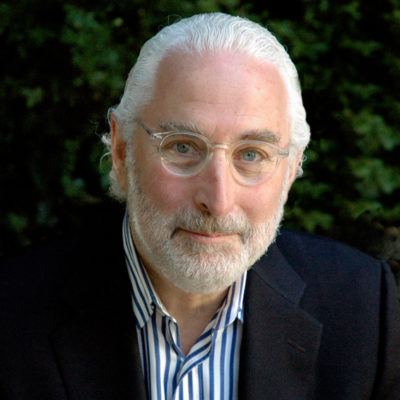Megaupload And The Twilight Of Copyright
Summary
Professor Paul Goldstein spoke with Roger Parloff from CNN Money – Fortune about the Megaupload case and how in academia free use is favored over more protective views.
In a climate-controlled warehouse in Harrisonburg, Va., 1,103 computer servers, each equipped with 24 hard drives, are piled in 120 stacks awaiting a federal judge’s decision about what to do with them. Together, they store more than 25 petabytes (25 million gigabytes) of information. That’s enough space to store 50 Libraries of Congress, 13.3 years of HDTV video, or “approximately half of all the entire written works of mankind, from the beginning of recorded history, in all languages,” according to Carpathia Hosting, the company that owns the hardware.
For several years Carpathia leased the servers to a company called Megaupload, which deployed another 700 or so servers in the Netherlands and France. At one time Megaupload alone accounted for 4% of the globe’s entire Internet traffic and was the 13th-most-visited site on the web, according to the government, with more daily visitors than Netflix (NFLX), AOL (AOL), or the New York Times.
…
In academia today, says Paul Goldstein, a copyright scholar at Stanford Law School, “those who favor free use outnumber by at least an order of magnitude, probably a couple orders of magnitude, those of us who take a more [protective] view.”
…
In his constitutional challenge, Lessig argued that the law represented the entertainment industry’s greedy attempt to extend copyright terms perpetually, in violation of the “limited terms” language of the Constitution. There was no disputing that the period of protection had grown greatly since 1790, when the first Congress provided a term of just 14 years, renewable for another 14 years if the author survived the first term. A popular notion also arose among opponents of the extension that the law had been rammed through Congress by the Disney Co. (DIS) in an attempt to keep its exclusive rights to the character Mickey Mouse, whose first movie, Steamboat Willie, made in 1928, would have come off copyright in 2003 but for the extension. (Disney fought for the extension, but its officers have denied that Mickey Mouse was the motivation, and some scholars say the contention never made sense. “Mickey is protected in perpetuity by trademark law,” says Stanford’s Goldstein. “It wasn’t that.”)
…
“The attack on copyright term extension was a turning point,” says Goldstein. “Copyright was demonized in a way that it had not been before. It was hard to find a car in Silicon Valley that didn’t have a bumper sticker that read FREE MICKEY. I think it’s really unfortunate.”
Read More
